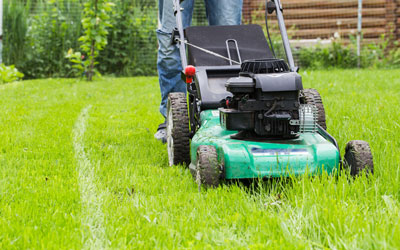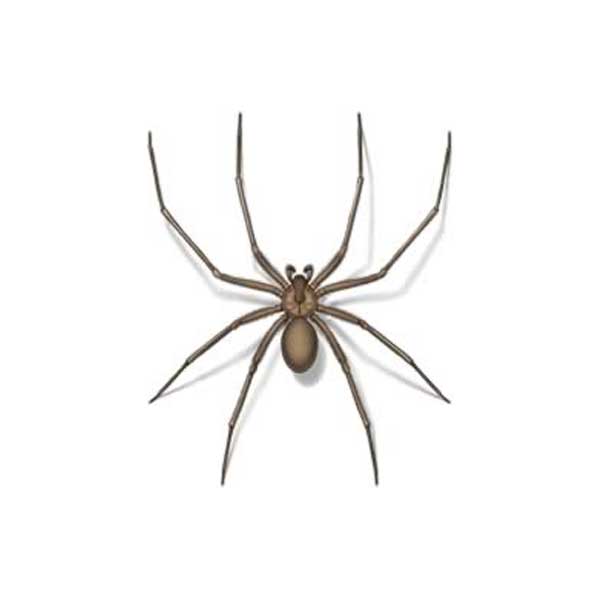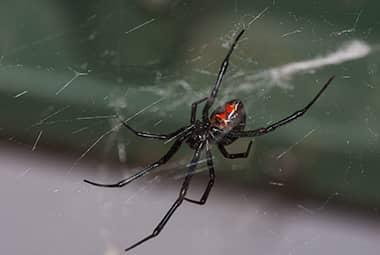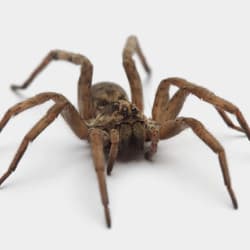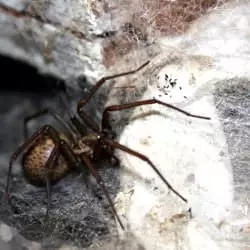Imagine stepping into your backyard, when suddenly, you spot a giant spider with a large web stretched between your trees. This isn’t your typical garden variety spider; it’s huge, menacing, and unlike anything you’ve seen before. Your mind races – what could it be? It’s possible you’ve just encountered the Joro Spider, a species of orb-weaver spider that has recently made headlines as it’s been spotted in several states across the eastern United States – including, yes, here in Knoxville.
So what is a Joro spider and should you be concerned? In this blog, we’ll unravel the mystery of this intriguing newcomer.
What Does the Joro Spider Look Like?
The Joro Spider commands attention not just because it’s a huge spider with a massive web, but also by its vibrant coloring. If you see a large Joro, it’s most likely a female, as these spiders exhibit sexual dimorphism, meaning males and females look quite different from each other.
Here’s how to tell male and female Joro spiders apart:
Female:
- Size: Large, with a body length of about 0.75-1 inch and a leg span of up to 4 inches.
- Color: Bright yellow and blue body with distinctive red markings.
- Web: Builds large, intricate webs that can span up to 10 feet.
Male:
- Size: Much smaller than females.
- Color: Darker, less vibrant, with more subdued colors.
- Web: Does not build webs as females do.
Also, the webs of Joro Spiders are quite distinct in themselves. They are large, golden, and incredibly strong, capable of trapping a variety of insects.
Where is the Joro Spider Found?
The Joro Spider has been increasingly noted in various habitats, showcasing its adaptability. Originally thought to require a large natural area, Joro Spiders have revealed themselves to be surprisingly urban-tolerant. They’ve even been found more and more near highways, which is highly unusual for a web-hunting spider that relies on vibrations to capture prey.
Their ability to thrive in different environments, including urban areas, underscores their versatility and potential for wider spread.
Is the Joro Spider Dangerous?
Despite their daunting size and appearance, Joro spiders are generally not a threat to humans. While capable of biting, their fangs are small and they are overall timid creatures that prefer to retreat when confronted. The fear they might instigate is far greater than the actual risk they pose, making them more of a curiosity than a concern.
Where Did the Joro Spider Come From?
The Joro Spider is native to East Asia. It’s believed that they were accidentally transported to the U.S. via shipping containers. This theory explains their initial appearances near ports and their subsequent spread across the eastern U.S..
What’s Next for the Joro Spider in Knoxville?
For those not fond of spiders, the news might be unwelcome: the Joro Spider is probably here to stay. Their adaptability and successful breeding indicate that they’re likely to continue spreading across the eastern seaboard.
Got Questions About Spiders?
While the Joro Spider might initially inspire fear due to its size and unfamiliar appearance, it’s important to remember that they are largely harmless to humans. Their presence in Knoxville and beyond is a testament to the ever-changing tapestry of our local ecosystems.
However, if you have concerns or questions about the Joro Spider or any other pests, remember, we’re here to help. Call us anytime for advice, information, or assistance in dealing with any pest-related issues.
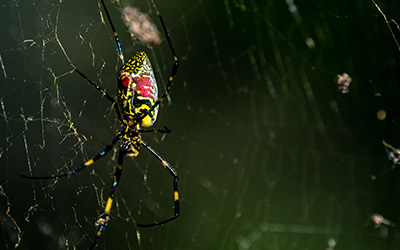
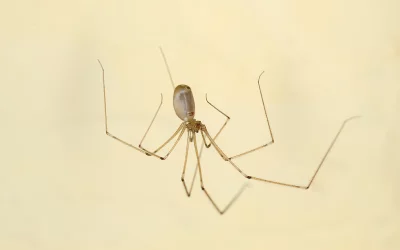
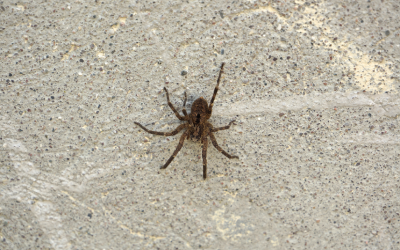
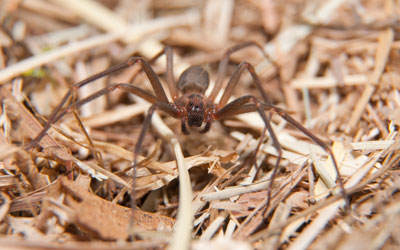
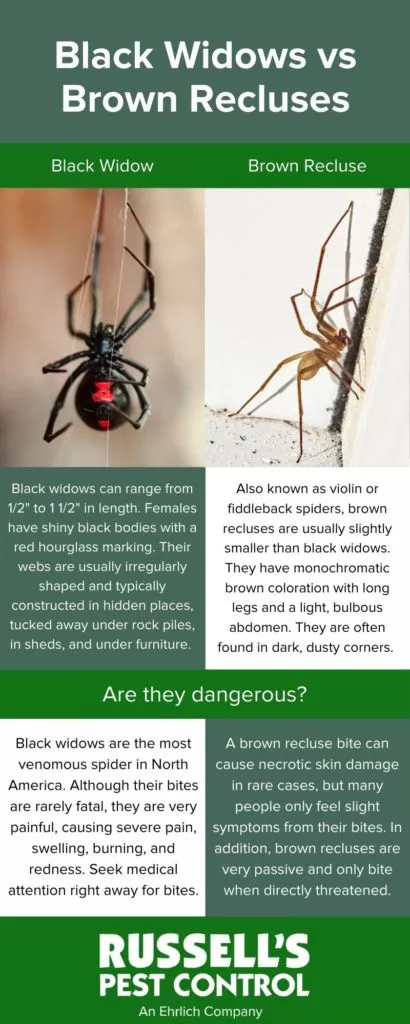 Are There Dangerous Spiders in Knoxville?
Are There Dangerous Spiders in Knoxville?